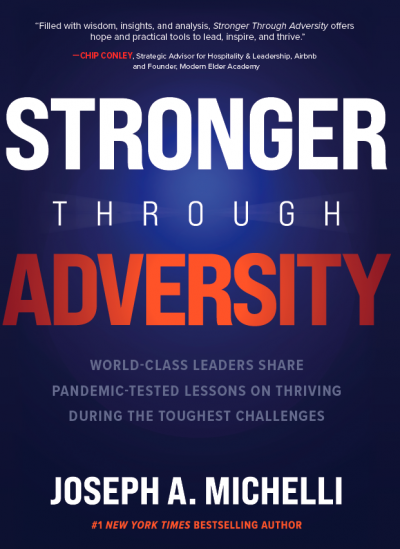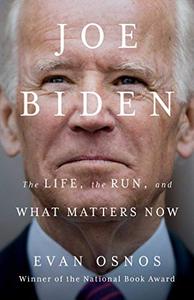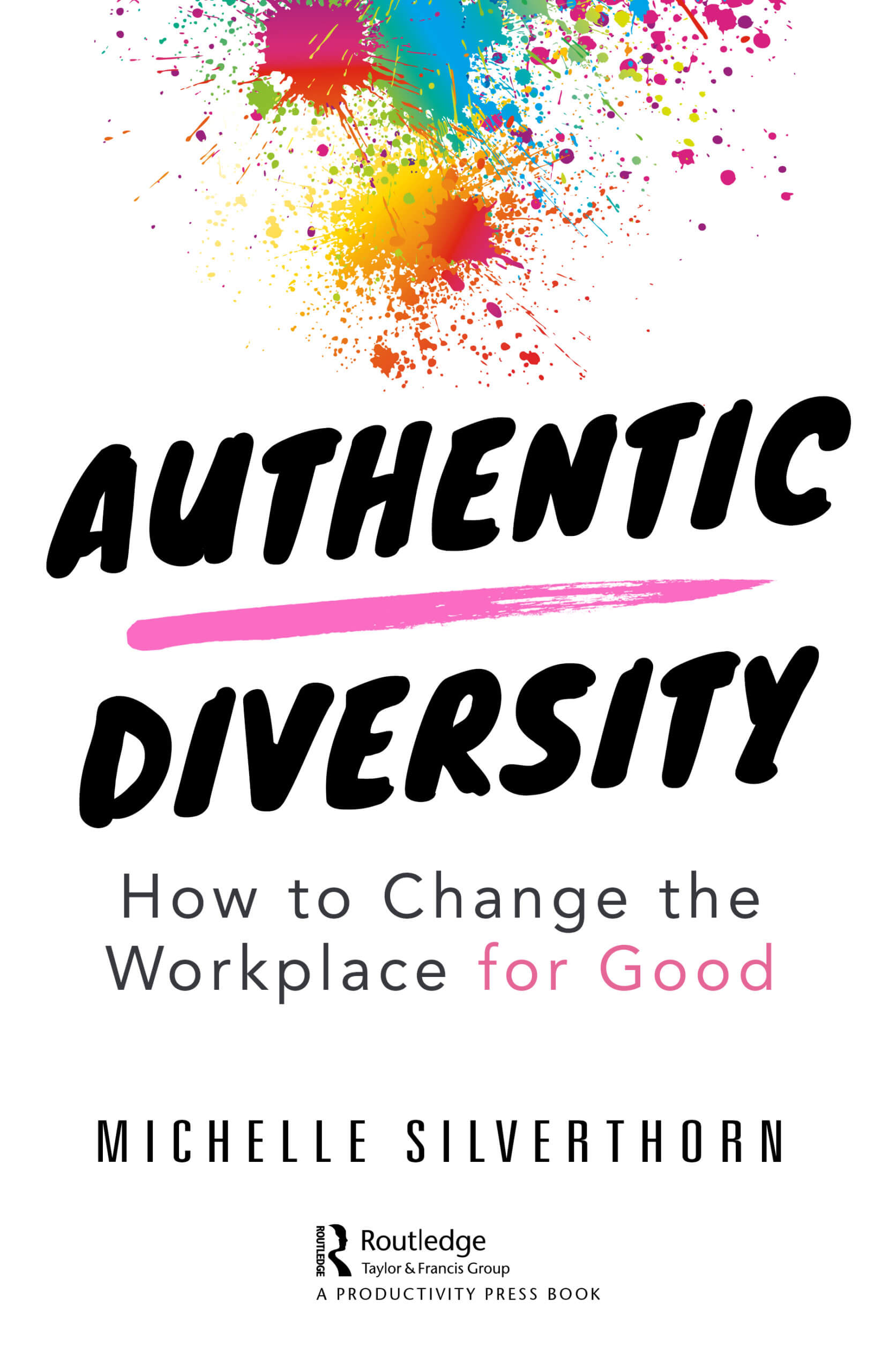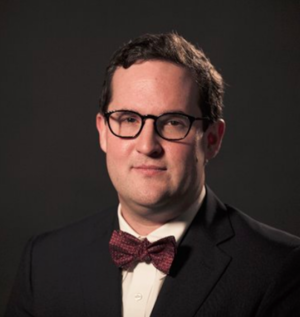EP 418 Can America’s Companies Come Out of the Pandemic Stronger for the Experience?

The answer to the question may be that if you do not come out stronger on the other side of the pandemic, it may be because you’ve succumbed to the many hazards within. While Joseph Michelli, who has put on microscope on companies like Starbucks and Airbnb, was undertaking the sweet assignment of breaking down the success elements of GODIVA Chocolates, the pandemic struck in early 2020. Quickly, he adapted and asked his publisher if he could train his keen eye on how for-profit and non-profit companies were adapting to the many changes wrought by the disease. From the invaluable wisdom he gained speaking to 140 plus top global business leaders in all sectors is the book, ‘Stronger Through Adversity’. It all starts with the leader getting into the right head space and self care is a big part of the equation. Leaders then had to reach out for assistance, maintain a growth mindset, focus on the strengths and needs of their team and an added focus on safety. In meticuous detail as is his style, Michelli walks us through the stories and the lessons he gleaned. It was our pleasure to host him for the second time on our podcast.
Podcast: Play in new window | Download








